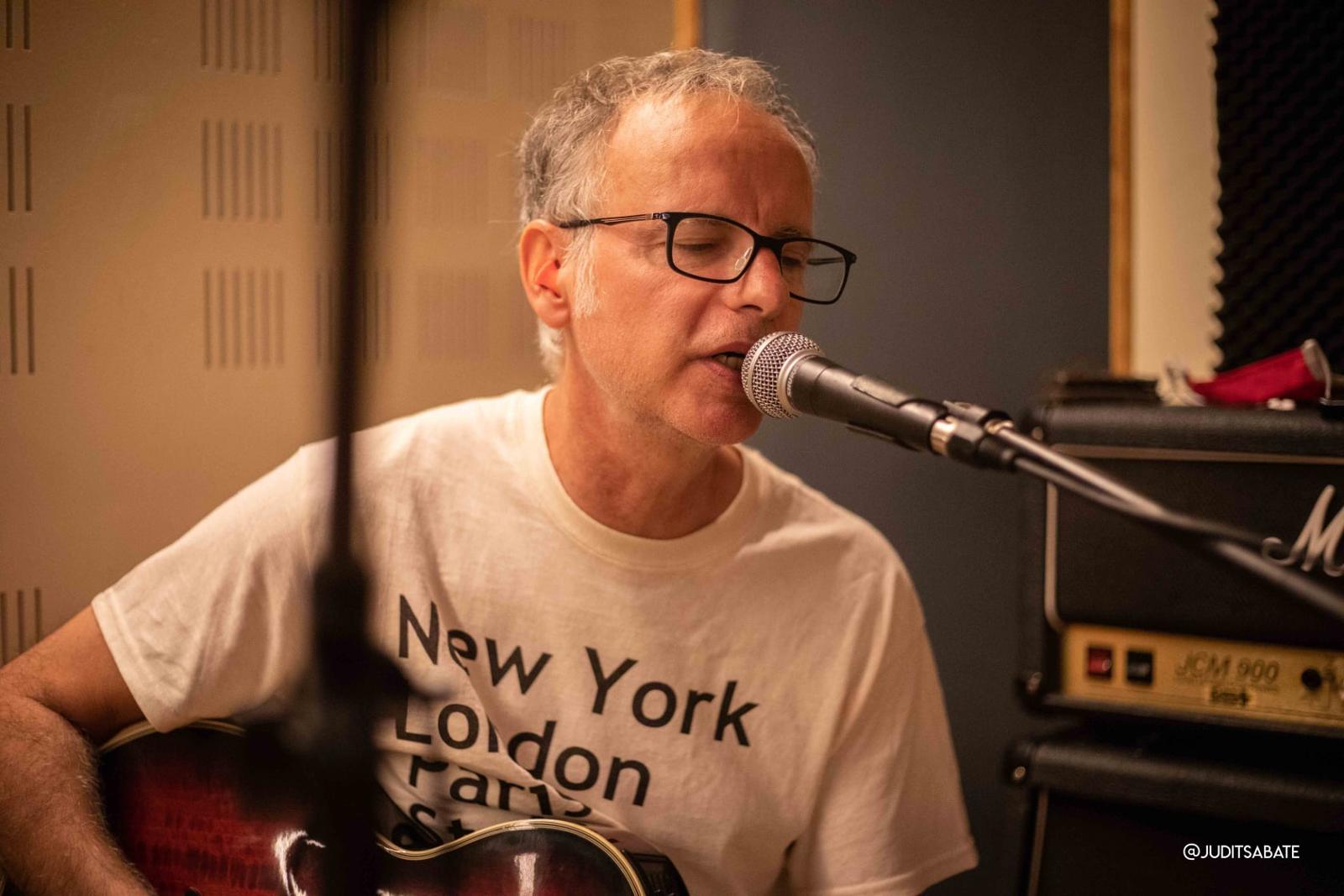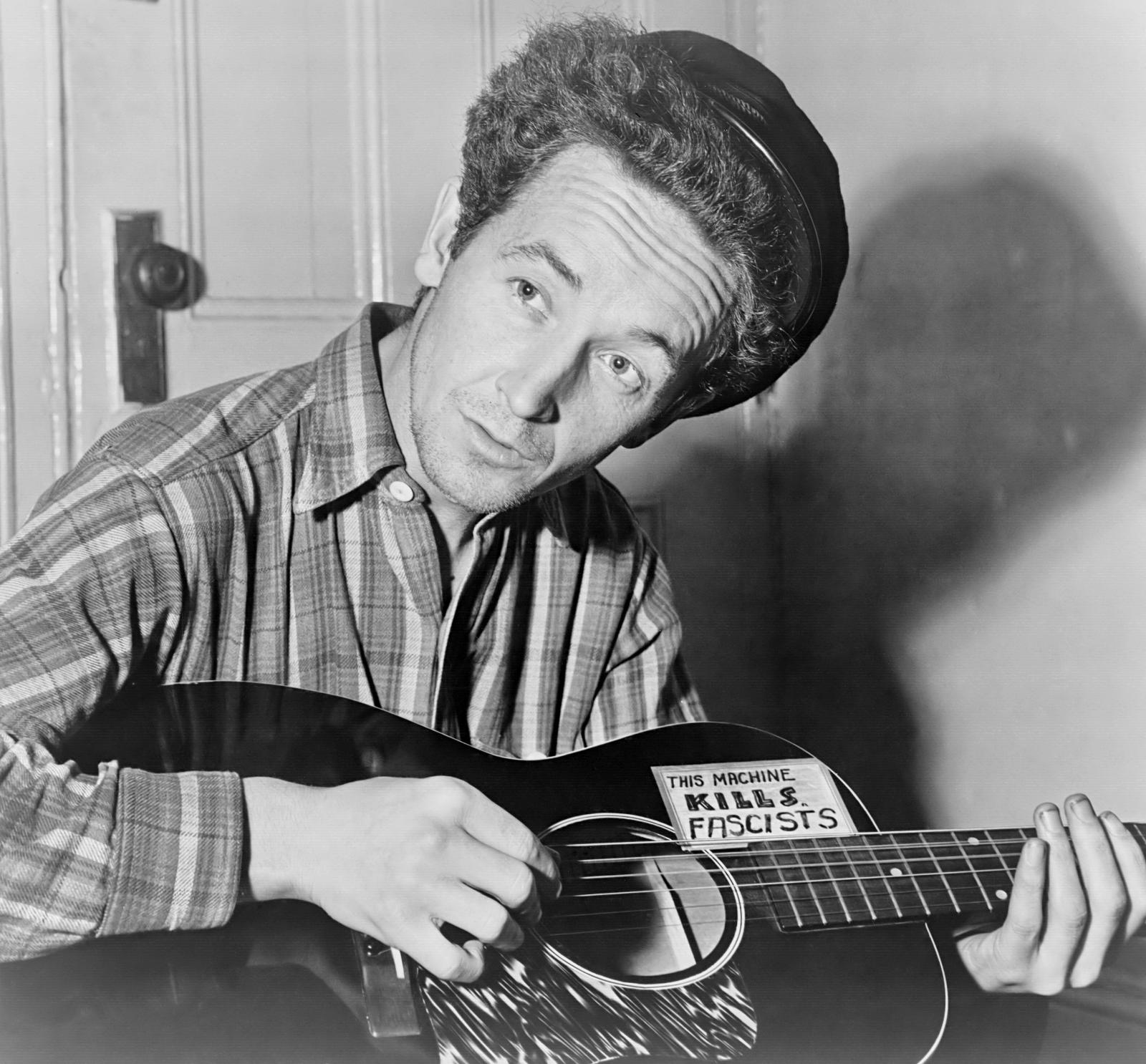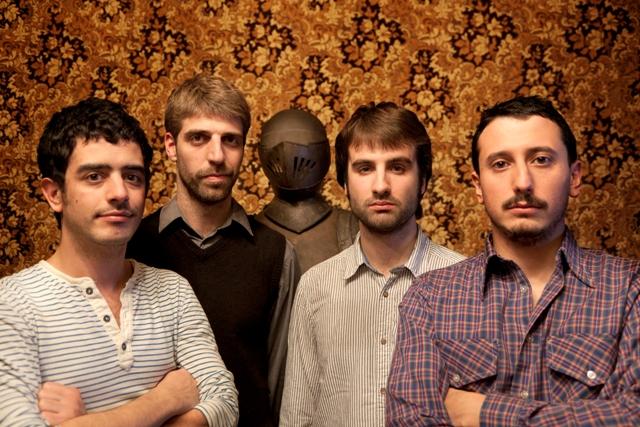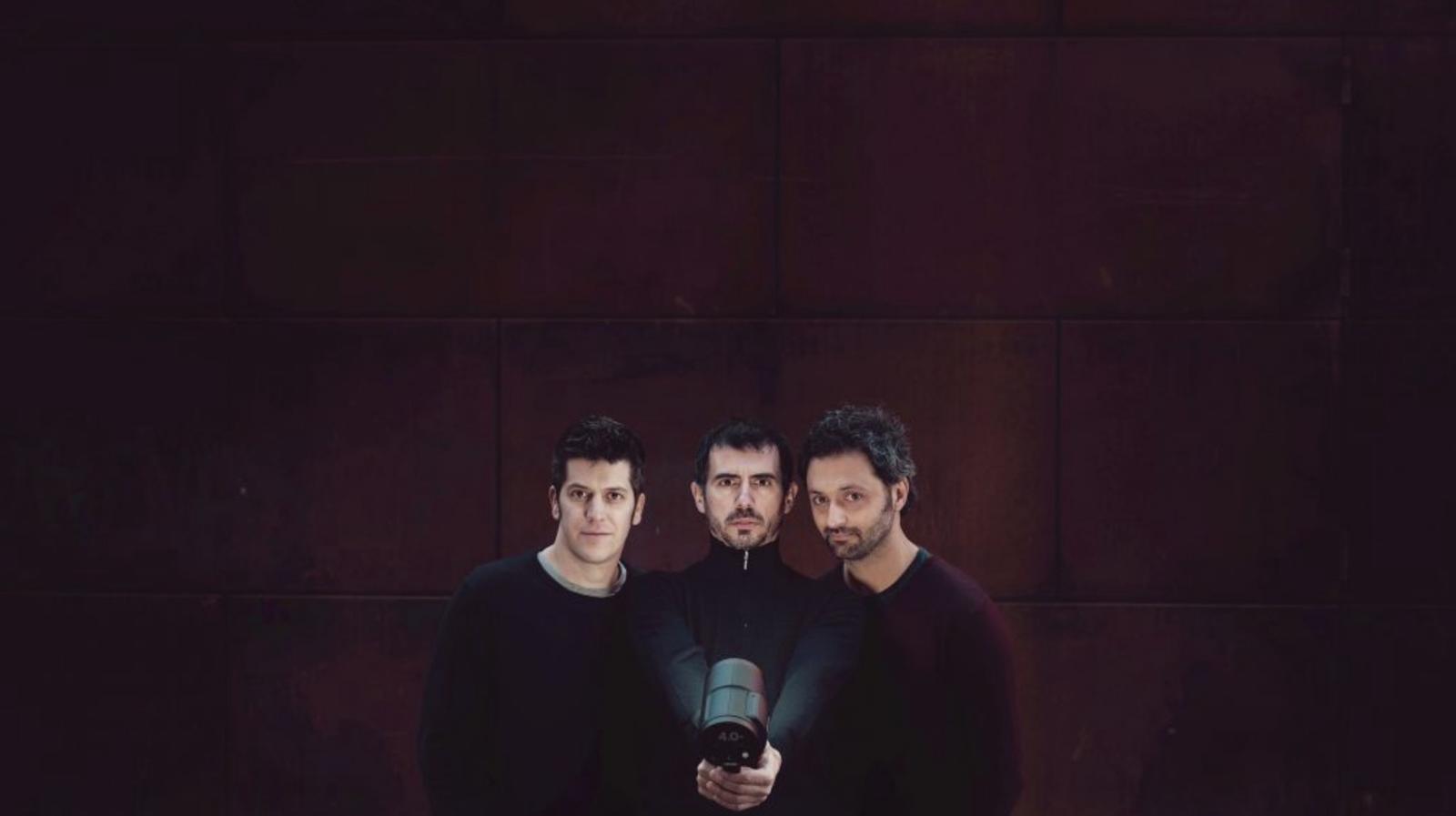"Mixing pop and politics she asked me what the use is,
I offered embarrassment and the usual excuses."Waiting for the great leap forwards, Billy Bragg
In this cynical, twenty-first century world we find ourselves in, where songs are cheerfully sold to the highest bidder, it’s hard to remember when rock was rebellious through and through. In less than half a century, the slogan written on the body of Woody Guthrie’s guitar (‘This machine kills fascists’) was transformed into tours sponsored by the most reactionary corporations around.
We all know that pop music has always reflected the times we live in, and once the hippie utopia was over, the banalisation of culture was encouraged and rewarded, giving way to hedonistic times steeped in a dehumanising, competitive brand of individualism. In Catalonia, with the transition underway and anti-Francoist singer-songwriters pushed to one side, you were unlikely to turn on the radio and hear a song about the obvious flaws in a new democratic system based on collective amnesia. Pop music, which was born in harmony with rebellion and protest movements, had become background noise to sweeten the system’s message, and the songs that were once hymns for a generation had shrunk into nothing more than soundtracks to TV adverts or electoral campaigns.

So, in the Catalan oasis of the late eighties, a new movement known as Rock Català [Catalan Rock] came to breathe new life into the country’s music scene, with clearly escapist, non-politicised intentions. It is interesting, though, that this supposedly apolitical movement indirectly, almost without realising, managed to insert the Catalan language into pop more than ever before. The reasons for this phenomenon seem obvious. Despite conspiracy theories of funding and institutional control, the cause of this success was much simpler.
A whole generation for which Catalan was now fully normalised needed contemporary references who expressed themselves in their language. This is why, for the first time, the rock groups filling stadiums and topping charts were writing songs in the Catalan language. And so, the first half of the nineties saw a golden age of local pop, a multitude of groups that sang in Catalan, mainly from outside the main cities, that filled pavilions and village festivals all over Catalonia with young, enthusiastic audiences. Audiences that, paradoxically, with their arsenal of estelada independence flags and tribal chants, provided a militant counterpoint that was much more pronounced than that of the music they consumed.
In the mid-nineties, this effervescence naturally started to fizzle out. Like all movements in the history of pop, the sieve of time filtered its clearly disproportionate offering. The emergence of fusion pop swapped mimicry of Anglo-Saxon styles for warmer rhythms that combined Mediterranean character with Caribbean influences, with a clear view to reclaiming the Catalan rumba, a delicious mixture of Cuban rhythms and gitano culture with genuinely Catalan roots. The lyrics by this new wave of musicians were filled with internationalist and anti-system slogans that had more to do with the class struggle and anti-capitalism than national liberation. Meanwhile, traditional pop groups decided to abandon Catalan and adopt the English language to distinguish themselves from the Rock Català movement, which they deem passé and old-fashioned.

At the turn of the century, the epicentre of musical relevance shifted to the Valencian Country. There, groups were blending local folklore with Jamaican rhythms and unequivocally defending the concept of the Catalan Countries with uninhibited militancy and hymn-like songs that called for active struggle against political oppression. Anglo-Saxon pop seemed to be slumbering, with some survivors from the Rock Català scene and the occasional Balearic group holding on. It was in this context that, against all odds, just when the first decade of the new century was coming to an end, a new generation of artists performing in Catalan renewed the music scene for good.
Between 2008 and 2010, groups and singers from all over the Catalan-speaking territories brought about a new golden age of pop, more eclectic and contemporary than that of their predecessors. Through new record labels and self-management as a tool and work philosophy, these new acts moved away from the mimicry of previous generations and offered more personal, unique work. Groups like Manel and Els Amics de les Arts thus became social phenomena, with a following comparable to that of the main Rock Català bands, while labels like Bankrobber paved the way for more artisanal proposals that, in general, offered more confessional, local or even metaphysical lyrics.
This brings us to our musical present, branded by the irruption of the independence process and its brutal repression. A dose of reality that, in turn, has reconnected local pop music to militancy and social activism. You could say that, in a natural process, our country’s lack of freedoms has closed the circle, and the same spirit of social activism that gave rise to the Nova Cançó [New Song] movement in the depths of the Francoist period has passed on politically engaged lyrics to today’s songwriters, including artists reluctant to touch social topics until recently.
Who would have thought that, after all these years, Woody Guthrie’s spirit would still live on? Today’s pop, with its constant mission to transform society, perhaps doesn’t kill fascists, but it can still unmask them playfully to the beat of the music.
Playlist:
01 Els Pets- “Pau”
02 Brams- “La diplomàcia de la rebelia”
03 Obrint Pas- “La flama”
04 Pau Alabajos- “Utòpics, idealistes, ingenus”
05 Manel- “Un directiu em va acomiadar”
06 Mishima- “Mentre floreixien les flors”
07 La Gossa Sorda- “Esbarzers”
08 Sanjosex- “Futur incert”
09 Txarango- “Agafant l’horitzó”
10 Mazoni- “Pedres”
11 Xarim Aresté- “Ni a besades”
12 Judit Neddermann- “No volem més cops”
13 Joan Miquel Oliver- “Me’n vaig a viure a Lleida"
Listen to this playlist with Spotify











